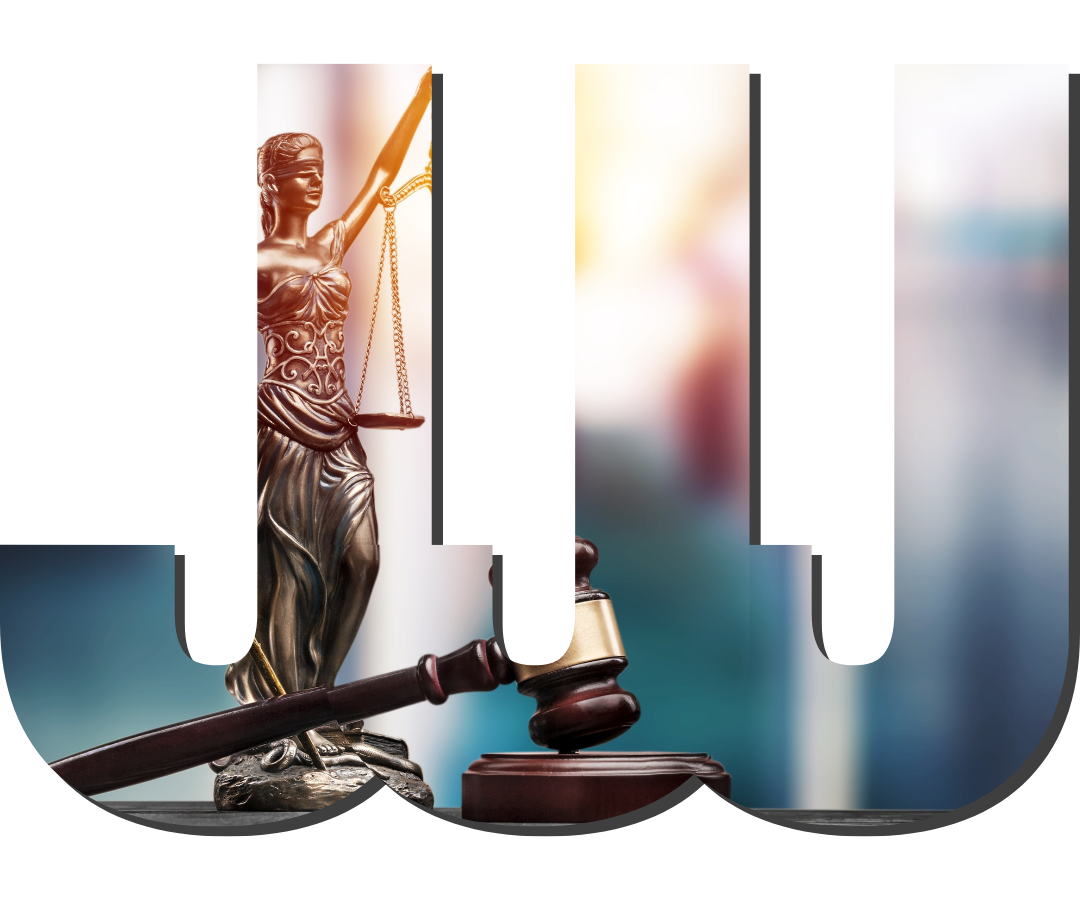Delayed Payment
The Hidden Costs of Delayed Insurance Payments for Homeowners with Storm Damage
When a storm hits and your home suffers damage, the immediate concerns are obvious—safety, shelter, and initial cleanup. However, once the storm passes and the dust settles, homeowners often face a less tangible but equally challenging problem: delayed insurance payments. The impact of such delays can be both financially and emotionally draining, necessitating legal intervention in many cases.
Understanding the Impact of Delayed Payments
Financial Strain
The most immediate consequence of delayed insurance payments is financial strain. Homeowners rely on insurance to cover repair costs and restore their homes as quickly as possible. When payments are delayed, homeowners may need to dip into savings or take out loans to cover repairs, leading to additional financial burdens.
Emotional Stress
The aftermath of a storm is already stressful. Adding the uncertainty of delayed insurance payments can exacerbate this stress. Homeowners may feel powerless and overwhelmed, which can affect their mental health and overall well-being.
Increased Damage Over Time
In some cases, delays in repairs can lead to further damage. For example, water damage not addressed promptly can lead to mold growth, structural issues, and higher repair costs down the line. The longer the delay, the more likely the initial damage will worsen, leading to even greater expenses and risks.
When to Seek Legal Help
Unjustified Delays
If an insurance company is delaying payment without valid reasons, it may be time to consult with a legal expert. Insurance policies are contracts, and companies are legally obligated to fulfill their end of the bargain. A lawyer can help interpret policy language and ensure that the insurance company is acting in good faith.
Disputed Claims
Insurance companies sometimes dispute the extent of the damage or the cost of repairs, leading to prolonged delays. A legal professional can negotiate with the insurance company on your behalf, providing expert advice and representation to ensure you receive the compensation you're entitled to.
Denied Claims
In the worst-case scenario, an insurance company may deny your claim altogether. Legal intervention can be crucial in such cases, as a lawyer can help you understand your rights and explore avenues for appealing the decision or pursuing litigation if necessary.
Steps to Take When Facing Delayed Payments
- Document Everything:
- Keep detailed records of all communications with your insurance company, including emails, phone calls, and letters. Document the damage extensively with photos and videos.
- Understand Your Policy:
- Familiarize yourself with the specifics of your insurance policy. Know what is covered, the limits of your coverage, and any exclusions that may apply.
- Communicate Regularly:
- Stay in regular contact with your insurance company. Follow up on any pending claims and keep a record of all interactions.
- Consult a Professional:
- If delays persist, consult with a lawyer who specializes in insurance claims. They can provide invaluable guidance and help you take the necessary steps to resolve the issue.
Conclusion
Delayed insurance payments can have severe repercussions for homeowners dealing with storm damage. The financial and emotional toll, coupled with the potential for increased damage over time, makes it imperative to address delays swiftly. Sometimes, this means seeking legal assistance to ensure your rights are protected and you receive the compensation you deserve.
If you find yourself facing delayed payments, don't hesitate to reach out for help. Legal professionals
can provide the expertise and support needed to navigate these challenging situations, helping you restore your home and peace of mind.
Challenges in the Insurance Industry
Rise in Bad Faith Claims
There's been a rise in bad faith claims against insurers, indicating that policyholders are more aware of their rights and ready to challenge decisions they see as unfair or violating their policy terms.
Declining Consumer Trust in Insurance
Surveys show that consumer trust in the insurance industry drops due to unfair claim handling and bad faith practices. For example, a survey revealed that over 40% of people have moderate to low trust in insurers, mainly due to claim denials and disputes affecting their views.
Navigating Complex Bad Faith Insurance Claims Across States
Different states have varying legal approaches to bad faith insurance claims, each with specific statutes that define standards and remedies, highlighting the complexity of handling these claims and the importance for insurers to understand and adhere to the legal requirements in their operational areas.
In 2019, there were 1,520 tornadoes in the United States, resulting in 51 tornado-related deaths.
The 2011 Super Outbreak was the most devastating and costliest storm involving tornadoes, with 362 tornadoes killing 321 people and causing approximately $11 billion in damages.
Winter storms in 2019 resulted in 73 deaths and $2.1 billion worth of insured damage.
Hail causes between $8 and $14 billion in insured damages every year, impacting over 10 million properties.
In 2019, there were 1,520 tornadoes in the United States, resulting in 51 tornado-related deaths.
The 2011 Super Outbreak was the most devastating and costliest storm involving tornadoes, with 362 tornadoes killing 321 people and causing approximately $11 billion in damages.
Winter storms in 2019 resulted in 73 deaths and $2.1 billion worth of insured damage.
Hail causes between $8 and $14 billion in insured damages every year, impacting over 10 million properties.
Insurance wronged you? Trust A Firm With Over 10 Years Of Experience In Fighting For Others
Understanding Bad Faith Insurance Claims
Bad faith insurance claims arise when an insurance company fails to uphold its duty of good faith and fair dealing towards its policyholders. This can manifest in several ways, including unreasonably delaying the processing of claims, denying valid claims without proper investigation, or underpaying what is rightfully owed to you. Such actions not only betray the trust you place in your insurer but also add unnecessary stress and financial strain during already challenging times.
At Jason J. Joy & Associates, our specialization includes but is not limited to handling:
- Property Damage and Homeowners Insurance Claims
- Business Interruption Claims
- Life and Health Insurance Claims
- Fire, Wind, Water, Flood, Hail, and Hurricane Damage Claims
- Car Accident Damage Claims
Common Questions
Here are some common questions about our Insurance Bad Faith services.
What Constitutes Bad Faith in an Insurance Claim?
Bad faith in the context of insurance claims refers to an insurer's unreasonable or unfair handling of a claim. This can include unjustified denial of coverage, failure to communicate pertinent information to the claimant, delaying claim processing without reason, or not paying a claim without a valid basis.
The specific legal definition of bad faith can vary by jurisdiction, but it generally involves a breach of the insurer's duty to act in good faith and fair dealing with its policyholders.
What Are the Potential Damages in a Bad Faith Insurance Claim?
Damages in a bad faith insurance claim can go beyond the amount originally claimed and may include compensatory damages for losses suffered due to the insurer's bad faith actions (such as additional living expenses, legal fees, and emotional distress).
In some cases, punitive damages may also be awarded to punish the insurer for particularly egregious conduct and deter similar conduct in the future. The availability and extent of damages depend on state laws and the specifics of the case.
What is bad faith and how does it affect my claim?
If you have experienced delays, inadequate payments, or outright denials of your insurance claim without valid justification, inspection, or prior notice, you may have legitimate grounds to pursue a bad faith claim against your insurance provider.
In accordance with state laws, you may be entitled to seek damages up to three times the amount of losses incurred. To explore your options and safeguard your rights, we invite you to schedule a complimentary consultation with our office.
What Criteria Validate Pursuing an Insurance Bad Faith Claim?
To pursue legal action for an insurance bad faith claim, specific criteria must generally be satisfied. Initially, there should be evidence indicating that the insurance company neglected its obligations under the policy unreasonably, lacking a valid rationale for its behavior, like unjustly denying coverage or causing unnecessary delays in claim processing.
Additionally, the insurer must demonstrate intentional unfairness or blatant disregard for fairness, not just errors. The claimant must show harm or losses due to bad faith conduct, meeting the requirements to pursue legal action against the insurer for bad faith practices.
Common
Questions
Common
Questions
We will get back to you as soon as possible.
Please try again later.
Get Started With a Free Consultation
Contact Us
OR
Get Started With a Free Consultation
Contact Us
We will get back to you as soon as possible.
Please try again later.
OR CALL



